
How Oil Cleansing Benefits Rosacea, Acne & Aging Skin
Have you ever used a cleanser and it left your face feeling dry and irritated? This is the common trend among water-based cleansers, which tend to pull natural oils out of the skin.
Thankfully, a much healthier and beneficial alternative exists.
The basics of oil cleansing
The Oil Cleansing Method (otherwise known as OCM) has been popularized around the internet, and people seem to have a love/hate relationship with it.
Believe it or not, oil cleansing can be extremely beneficial for treating rosacea, eczema, blemishes, and even acne-prone skin.
It can also be utilized to combat the early signs of aging.
The concept behind it is instead of using your water-based cleanser, you simply cleanse your face with a carrier oil like hemp or grapeseed. I know it sounds like a breakout waiting to happen, but science has proven its ability to promote healthy skin.
When done properly and consistently, the OCM can clear the skin from issues like oily skin, dry skin, sensitive skin, blackheads, whiteheads and other problems caused by mild to moderate acne–while leaving your skin healthy, balanced and properly moisturized.
The only piece of information you need to know about oil cleansing, is well.. which oils to use.
While most actually promote inflammation in the skin, some are highly beneficial. I’ll explain this further below. But for now, you must be wondering how on Earth oils can cleanse the skin.
How does it work, exactly?
It's actually very simple.
Going by one of the most basic rules in chemistry, like dissolves like. In this case, oil dissolves oil. As you cleanse your face with oil, you're removing the impurities and bacteria in your skin and replacing them with fresh fatty acids.
Oil cleansing has the benefit of being affordable, while cutting out all of the harmful ingredients commonly found in mainstream cleansers.
How conventional cleansers can damage the skin
What I'm about to say might be a little startling, but it completely contradicts the idea of using conventional cleansers.
It all starts with our skin's microbiome.
You see, a secret society lives among us. No, this isn't a conspiracy. But literally, our skin is inhabited by a vast colony of microorganisms, including bacteria, fungi, viruses, and even arthropods (mite-like creatures). I know, it sounds pretty gross.
In fact, they're so concentrated, that up to one billion microorganisms can be found in just one square centimetre of human skin. Yikes!
You might be wondering what the heck they're there for.
Similar to a biologically-rich rainforest, this massive colony on our skin work harmoniously together and serve essential functions.
Our invisible friends live in hair follicles and on the surface of our epidermis (the skin's outermost layer), helping to protect against skin diseases, repair wounds, and they even play an active role in skin aging.
On the flip side, a disrupted microbiome where certain microbes have overgrown has the opposite affect, promoting inflammation and skin disease.
The many different inflammatory conditions this can affect include:
- Acne
- Atopic dermatits (eczema)
- Seborrheic dermatitis
- Psoriasis
- Rosacea
Altered pH level changes the microbiome
The reason why most cleansers should be avoided is because of their pH level. Their main active ingredients are called surfactants - which provide a cleaning and foaming action.
Surfactants tend to be way too alkaline for our skin's naturally acidic environment, and prolonged use can disrupt the healthy balance of our microbiota. This can quickly lead to irritation, redness, and drying of the skin.
Well, guess what?
Oils don't have this effect because they don't have a pH.
Many oils, in particular essential oils, have actually been shown to be just as effective as leading pharmaceutical drugs in killing bacteria involved in the development of acne.
If any nasties happen to be harboring on your skin, you can add in some antimicrobials to fight them off, which I'll list further below.
Why you need to use oils high in omega-3 and 6
Blogs usually recommend oils that are inflammatory to the skin. I'm not going to regurgitate this same misinformation.
When the skin is prone to an inflammatory condition like acne or rosacea, It's most likely lacking in essential fats, especially omega-6. Studies have shown that non-essential omega-9 will be used instead to compensate for the lack of 3s and 6s.
Excess omega-9 damages our skin's natural barrier function, making it a common link between inflammatory conditions, along with dry, and sensitive skin
Omega-6 is probably one of the most important anti-aging tools we can utilize. It decreases in the elderly by up to 40%, so our skin consistently needs a healthy dose of this essential fat.
How to make your own oil cleanser
Carrier oils to use by themselves or as a base
- Hemp seed oil
- Evening primrose oil
- Chia oil
- Rosehip oil
- Grapeseed
- Safflower
Hemp would definitely be my #1 choice since It's affordable and high in omega-3/6. We wrote an article previously listing off the oils containing the best fatty acid ratios for your skin, which you can read here.
Antimicrobials you can add to enhance your oil cleanser
Carrier oils:
I recommend using 1-10% of one of these oils in a formula.
Essential oils:
Essential oils are highly concentrated, and should be used in quantities of 0.3% or less in a formula to help avoid sensitivities.
You can bypass this DIY process by trying our skin-saviour Botanical Recovery Serum. Containing all of the important fats, It's extremely anti-inflammatory and naturally balances the skin's moisture barrier.
Carrier oils you should not put on your skin
- Olive
- Avocado
- Sweet almond, as well as most other nut oils
- Mineral (not even a natural oil, but a by-product of tar)
- Castor
Visit our list of all of the other oils that are bad for skin.
Often touted as a cleansing oil, castor is highly questionable. It's processed to remove a toxic component, called ricin, which can cause allergic reactions and permanent nerve damage to those who grow and harvest the crop.
How to oil cleanse
- Prep: Oil cleansing will remove makeup, so no need to get your face wet beforehand.
- Cleanse: This is the fun part. Slather at least a quarter-size amount of oil onto your face, massaging it in for a minute or two.
- Wash: Now you want to steam your skin to remove impurities from your pores. You can use a warm washcloth, or simply wash off in the shower.
How often you should do it
There's no set rule on how often you need to cleanse, but since it isn't irritating to the skin, it can be done twice a day, or once a week. It's really up to you and your skin needs.
For me, I just oil cleanse whenever I take a shower.
The Oil Cleansing Method is definitely worth a try, and I really think your skin would thank you for it. How are you going to incorporate it into your life?


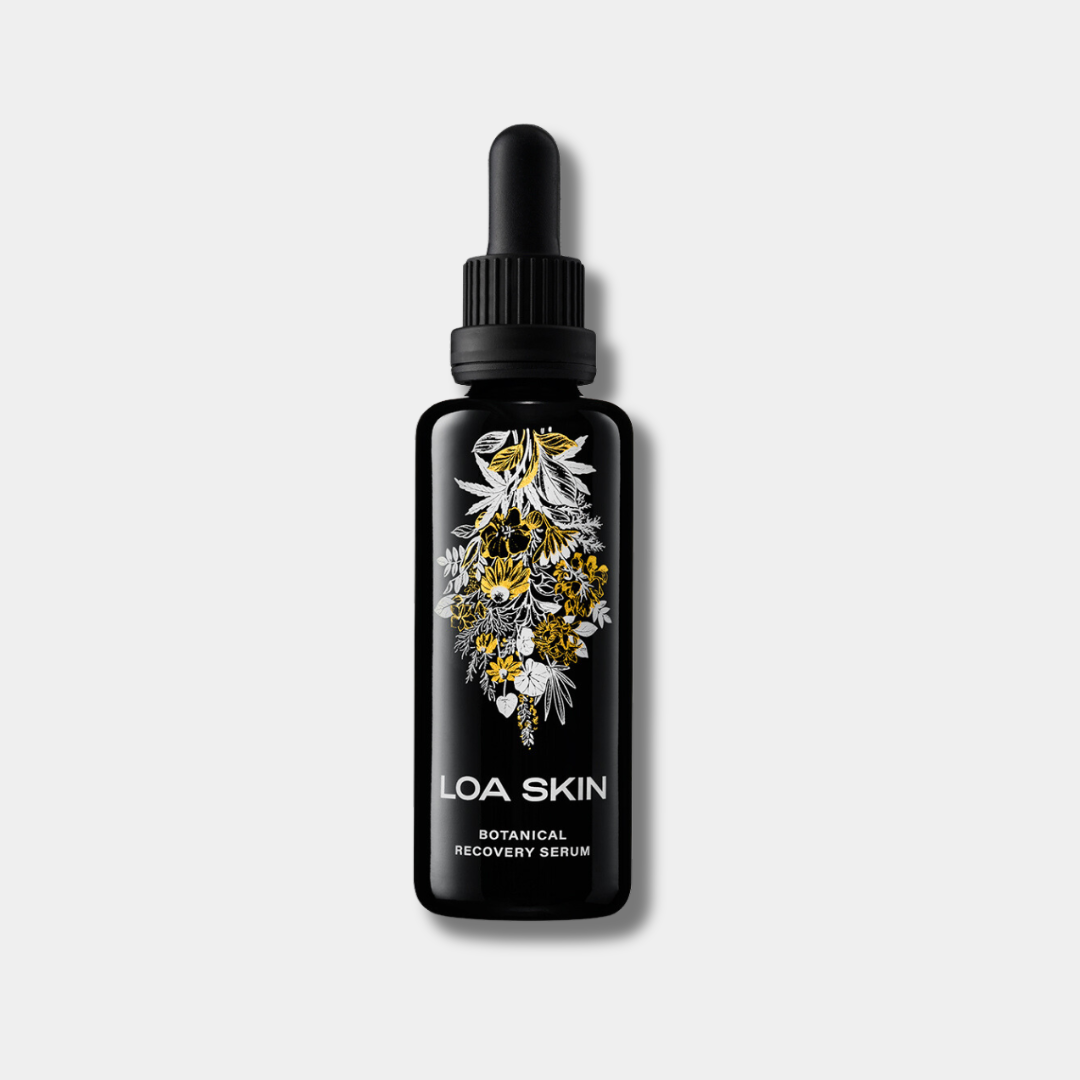
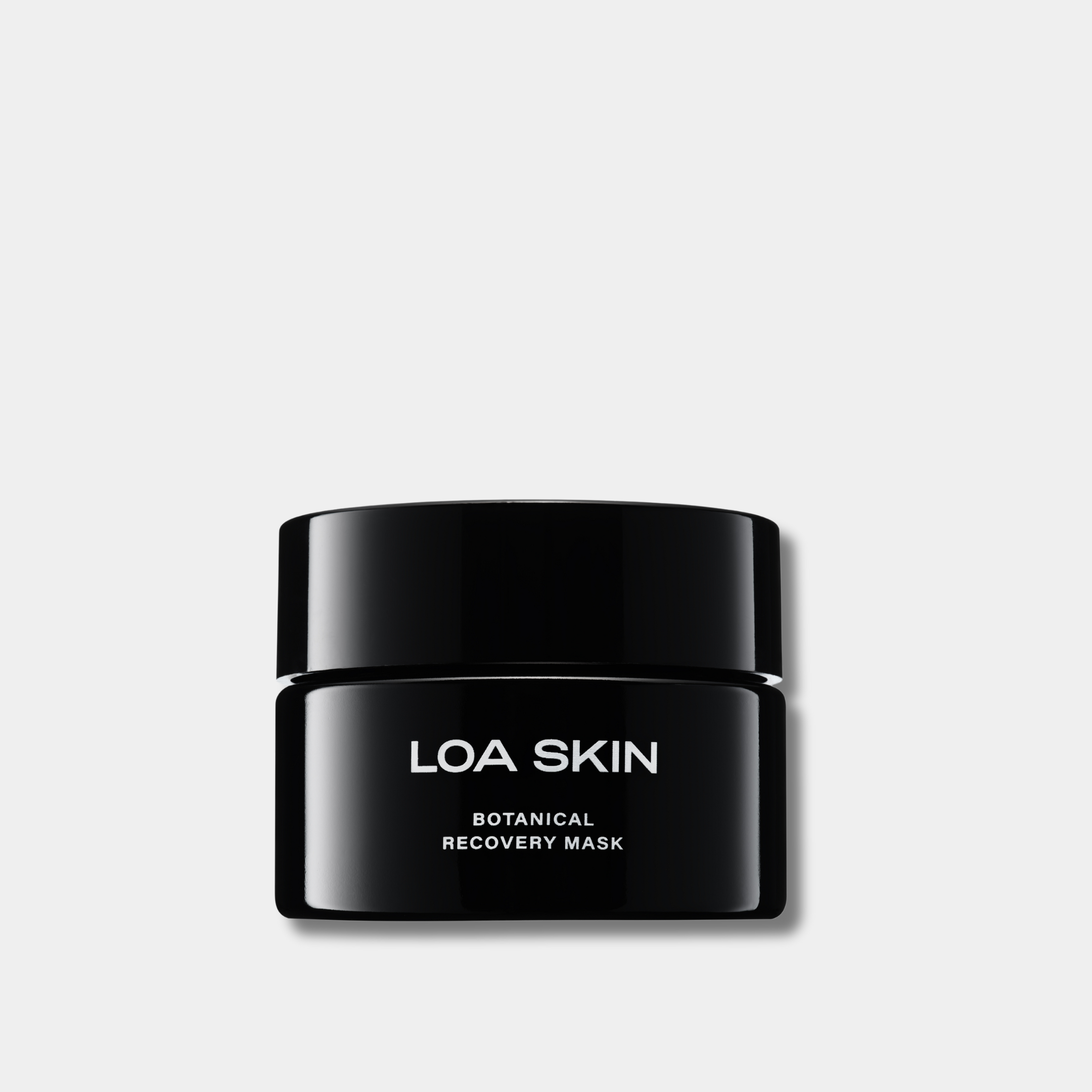
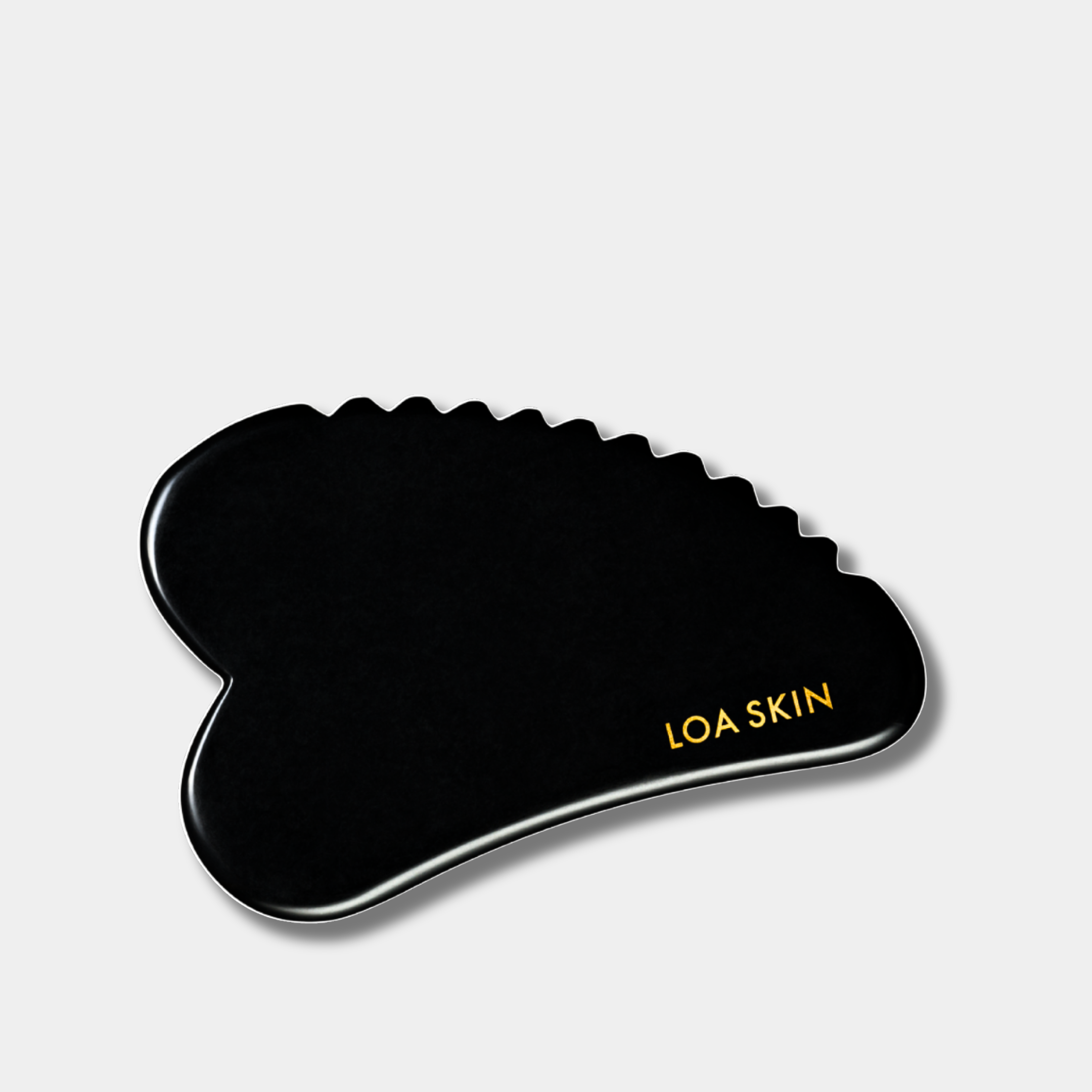
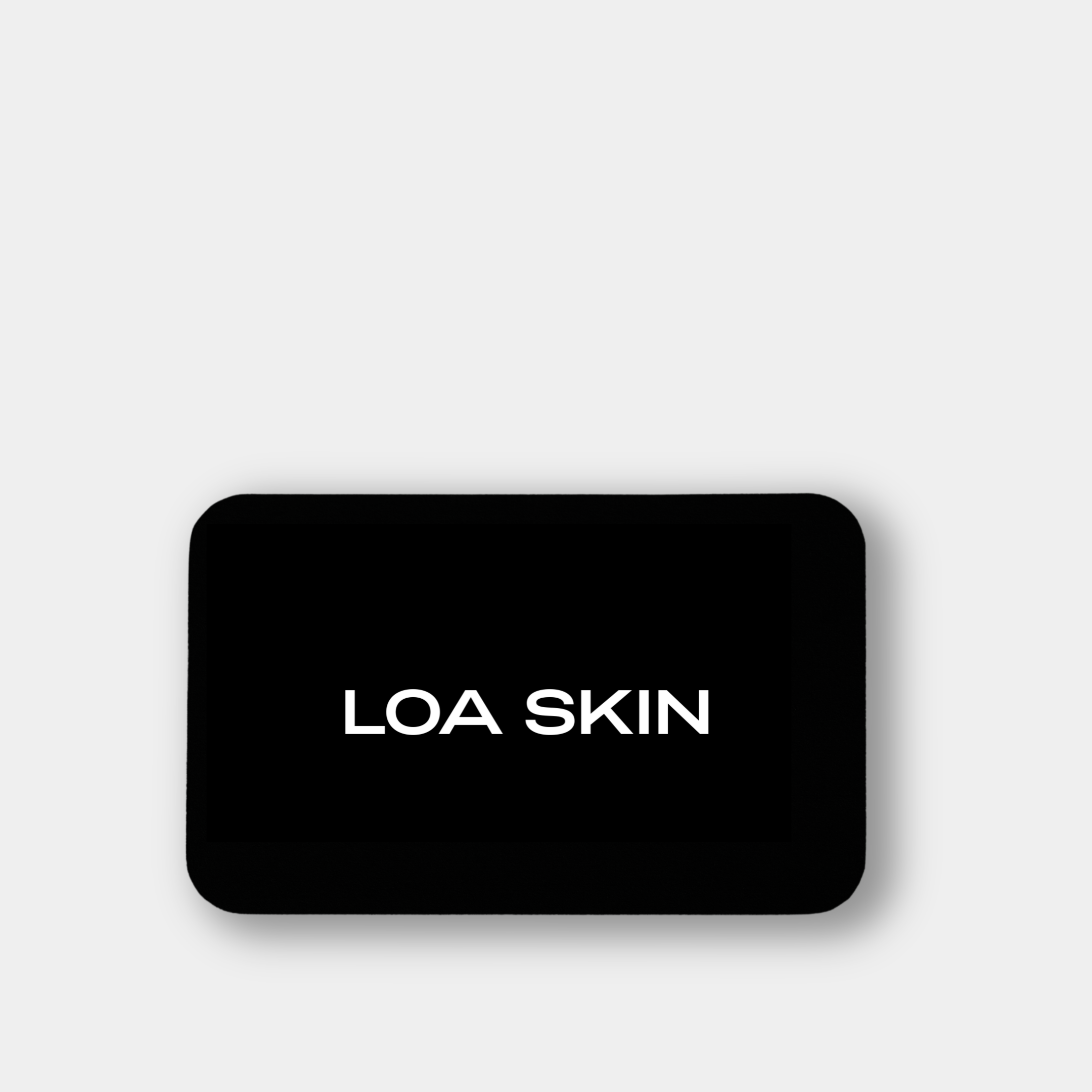
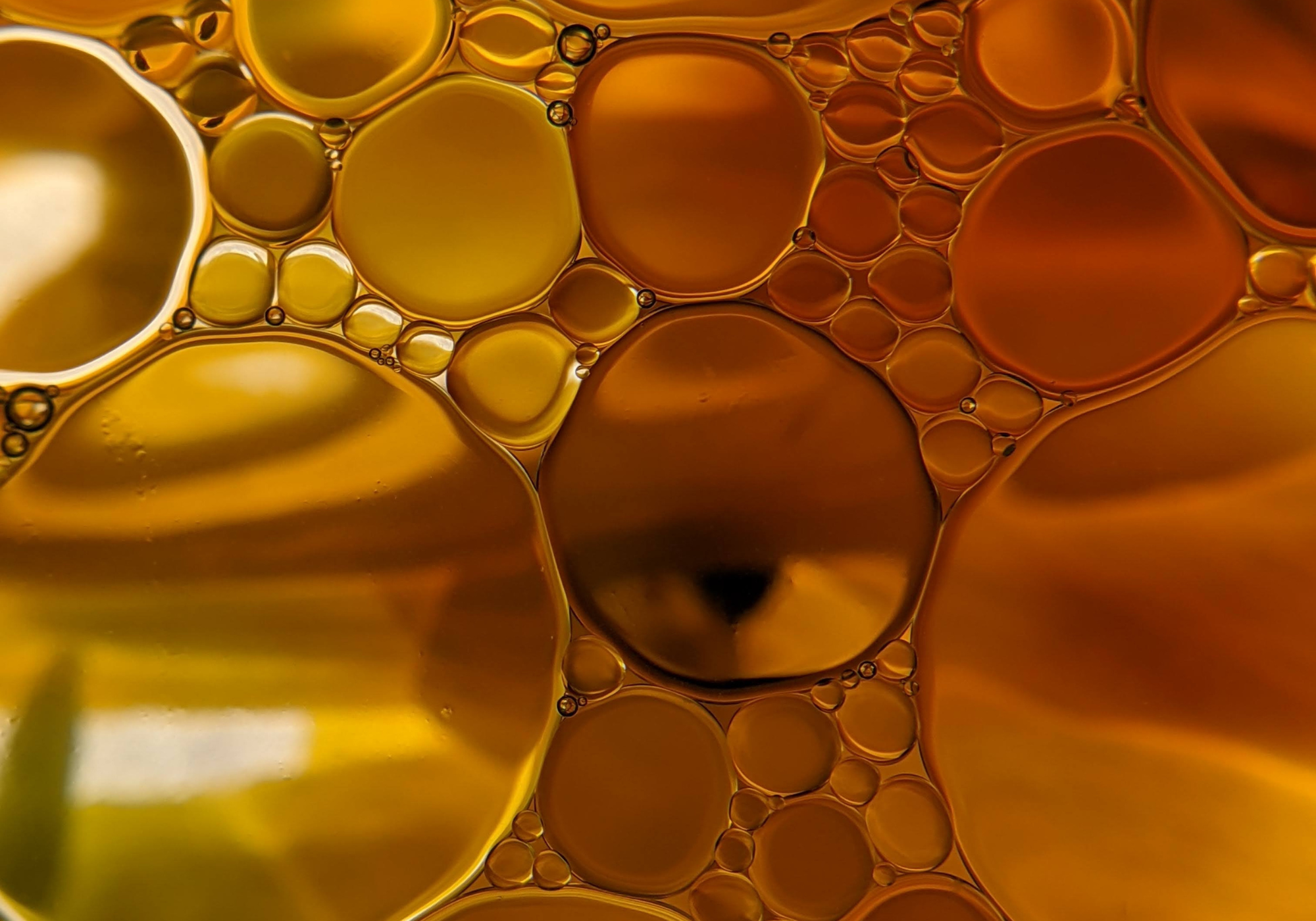



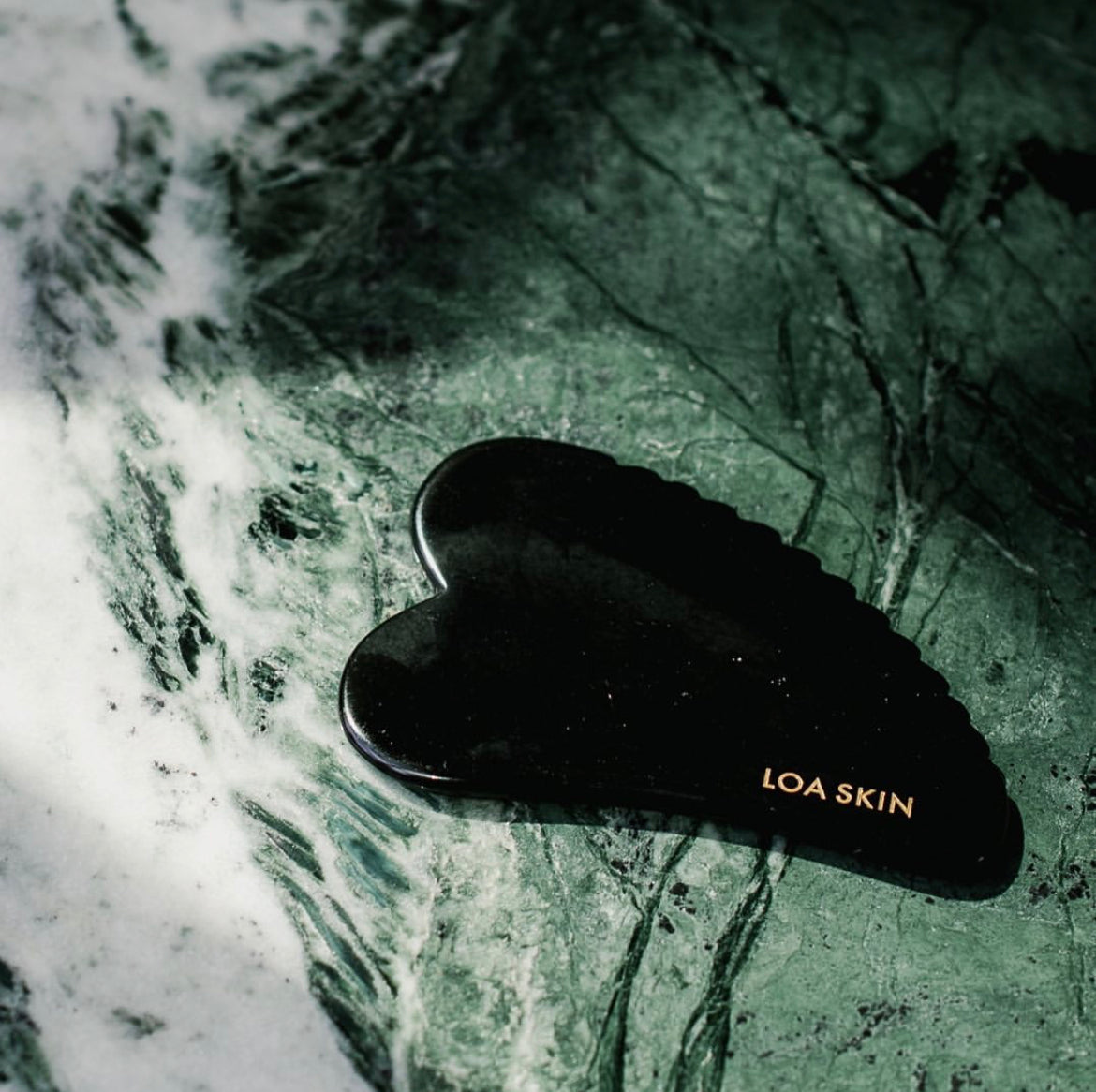
4 comments
I have scalp psoriasis which has improved with cleansing mostly with conditioner rather than shampoo. Awesome for the curls and the scalp. Wondering though about an approved conditioner? Is Shea bitter good for moisture barrier of the skin? Do you have a conditioner coming soon? I like the LOA oil but not loving the odour of it. Will try mixing it it a suggested carrier oil.
Zoe
I am a bit confused. Can I use the LOA oil for my cleanser and moisturizer, or do I need to still create/buy a cleanser?
Thanks!
Alexis
I am also curious about jojoba oil. Is it a good oil to add to my DIY oil cleanser for rosacea?
Verna Sweet
Hi Loa, very helpful post. What do you think of jojoba oil for oil cleansing? Thanks
Veronica
Leave a comment
This site is protected by reCAPTCHA and the Google Privacy Policy and Terms of Service apply.